Affordable IVF & IUI in Mexico: Costs & Clinics
Embarking on the path to parenthood is a profound journey, and for many, artificial insemination offers a beacon of hope. If you're considering this option, you've likely wondered about the costs involved, especially in a destination known for its quality and affordable medical care like Mexico. The cost of artificial insemination in Mexico is significantly lower than in many other countries, making it an attractive option for individuals and couples seeking fertility treatments. This guide is designed to provide you with a comprehensive understanding of the expenses you can expect, the different types of procedures available, and the various factors that can influence the final price.
Navigating the world of fertility treatments can be overwhelming, but understanding the financial aspect is a crucial first step. In Mexico, you'll find a range of options, from simpler procedures like Intrauterine Insemination (IUI) to more complex ones like In Vitro Fertilization (IVF). The welcoming and professional environment of Mexican fertility clinics, combined with the potential for significant savings, has made it a top choice for medical tourists from around the globe. This detailed blog post will break down everything you need to know about the cost of getting artificially inseminated in Mexico, helping you make an informed decision for your family-building journey.
What is the average cost of artificial insemination in Mexico?
The cost of artificial insemination in Mexico is a significant draw for many prospective parents. On average, you can expect to pay a fraction of what you would in the United States or Canada. The price range is quite broad because "artificial insemination" is an umbrella term for several different procedures. The most common and affordable option is IUI, which generally falls between $800 and $1,500 per cycle. This procedure involves placing specially prepared sperm directly into the uterus, timing it with ovulation to increase the chances of conception.
At the higher end of the spectrum is IVF, a more involved and effective treatment. A single cycle of IVF in Mexico typically costs between $3,500 and $5,000. This is a considerable saving compared to the $12,000 to $15,000 or more that is often charged in the US. The final cost will depend on the specific clinic, the city where the clinic is located, and whether any additional services, such as genetic testing of embryos, are required.
What are the different types of artificial insemination available in Mexico?
When exploring fertility treatments in Mexico, you will primarily encounter two main types of artificial insemination:
-
Intrauterine Insemination (IUI): This is often the first line of treatment for many couples. During IUI, a concentrated sample of sperm is placed directly into the uterus around the time of ovulation. It's a less invasive and more affordable option compared to IVF. The cost of IUI in Mexico makes it a popular starting point for many.
-
In Vitro Fertilization (IVF): This advanced reproductive technology involves stimulating the ovaries to produce multiple eggs, retrieving the eggs, and fertilizing them with sperm in a laboratory. The resulting embryos are then transferred to the uterus. IVF has a higher success rate than IUI and is recommended for various infertility issues. The cost of IVF in Mexico is substantially lower than in many Western countries.
Some clinics may also offer variations or additional procedures, such as:
-
Intracervical Insemination (ICI): A simpler procedure where sperm is placed in the cervix. It is less common in clinical settings than IUI.
-
Intracytoplasmic Sperm Injection (ICSI): This is an advanced form of IVF where a single sperm is injected directly into an egg. It is often used in cases of male infertility.
What factors influence the cost of artificial insemination in Mexico?
Understanding the variables that affect the overall price is essential for budgeting for your fertility treatment. Key factors include:
-
Type of Procedure: As discussed, IVF is significantly more expensive than IUI due to its complexity and the resources required.
-
Clinic's Reputation and Location: Well-known clinics in major cities like Mexico City, Cancun, or Guadalajara may have higher prices due to their established success rates and overhead costs.
-
Diagnostic Testing: Before undergoing any procedure, you will need initial consultations and diagnostic tests, such as blood work, ultrasounds, and semen analysis. These preliminary tests add to the overall cost.
-
Medications: Fertility medications, particularly those used for ovarian stimulation in IVF, can be a substantial part of the expense. The dosage and type of medication required will vary from patient to patient.
-
Use of Donors: If you require a sperm or egg donor, this will increase the total cost. Egg donation, in particular, adds a significant expense due to the screening and retrieval process for the donor.
What is included in a typical IUI or IVF package in Mexico?
When you receive a price quote from a fertility clinic in Mexico, it's crucial to understand what is included in the package.
A standard IUI package often covers:
-
Semen analysis
-
Sperm washing and preparation
-
The IUI procedure itself
A standard IVF package typically includes:
-
Monitoring of the ovarian stimulation process through ultrasounds and blood tests
-
The egg retrieval procedure
-
Fertilization of the eggs with sperm in the laboratory
-
The embryo transfer procedure
It's important to clarify with the clinic what is not included in their quoted price. Often, the initial consultation, diagnostic tests performed before the cycle, fertility medications, and any genetic testing of embryos are additional costs.
Are there any hidden costs I should be aware of?
To avoid any financial surprises, it is essential to have a detailed discussion with your chosen clinic about all potential costs. Some expenses that might not be included in the initial quote include:
-
Pre-treatment Screenings: Comprehensive medical evaluations for both partners.
-
Fertility Medications: The cost of these drugs can vary significantly depending on the individual's needs.
-
Anesthesia: Fees for the anesthesiologist during the egg retrieval procedure for IVF.
-
Embryo Freezing and Storage: If you have extra embryos after an IVF cycle, you may choose to freeze them for future use, which incurs an annual storage fee.
-
Travel and Accommodation: As a medical tourist, you'll need to factor in the costs of flights, accommodation, and daily living expenses during your stay in Mexico.
-
Follow-up Appointments: Any consultations or tests required after you return home.
Always request a written, itemized quote from the clinic to ensure you have a clear understanding of the total investment required.
How much does Intrauterine Insemination (IUI) cost in Mexico?
The cost of IUI in Mexico is one of the most affordable fertility treatments available. For a single cycle, you can expect to pay between $800 and $1,500. This affordability allows many couples to undergo multiple cycles if necessary, increasing their overall chances of success. The price will vary slightly between clinics and cities, but it remains a very accessible option for those starting their fertility journey.
It's important to remember that fertility medications, such as Clomid or letrozole, which are often used to stimulate ovulation before an IUI cycle, are usually an additional cost. However, even with the inclusion of medication costs, IUI in Mexico remains a fraction of the price in many other countries.
How much does In Vitro Fertilization (IVF) cost in Mexico?
The cost of IVF in Mexico is a major reason why so many international patients travel there for treatment. While IVF is a more complex and expensive procedure than IUI, the savings in Mexico are substantial. A single IVF cycle can range from $3,500 to $5,000, which is a stark contrast to the $12,000 to $15,000 or more that is common in the United States.
This price typically covers the core components of the IVF process. However, the cost of fertility medications, which can be several hundred to a few thousand dollars, is usually not included. Additional services like Intracytoplasmic Sperm Injection (ICSI), Preimplantation Genetic Testing (PGT), or the use of donor gametes will also increase the overall cost.
Is financing available for artificial insemination in Mexico?
Recognizing that fertility treatments are a significant investment, many clinics in Mexico strive to make them more accessible by offering various payment solutions. Some larger, more established clinics may have their own in-house financing plans that allow you to pay for the treatment in installments. These plans can ease the immediate financial burden and make it easier to budget for your care.
Additionally, some clinics have established partnerships with third-party medical financing companies. These companies specialize in providing loans for medical procedures and often offer competitive interest rates and flexible repayment terms. When you are researching clinics, be sure to ask their international patient coordinators about the financing options they have available. They can often provide you with detailed information and assist you with the application process.
How does the cost in Mexico compare to the US and Canada?
The cost savings are a primary driver for medical tourism to Mexico for fertility treatments. The table below provides a general comparison of the costs for IUI and IVF in Mexico versus the United States and Canada.
As the table illustrates, the cost of artificial insemination in Mexico can be up to 70% less than in its northern neighbors. This dramatic price difference allows many individuals and couples to access treatments that might be financially out of reach in their home countries.
Are the success rates for artificial insemination in Mexico comparable to other countries?
A lower cost does not equate to lower quality of care in Mexico. Many of the leading fertility clinics in the country are equipped with the latest technology and are staffed by highly experienced, often US-trained, fertility specialists. These clinics are committed to upholding international standards and report success rates that are on par with top clinics around the world.
When choosing a clinic, it is important to do your research. Look for clinics that are transparent about their success rates and are willing to provide you with detailed information about their protocols and procedures. Many clinics have affiliations with international reproductive medicine societies, which is a good indicator of their commitment to quality and excellence.
What are the best cities in Mexico for artificial insemination?
Several cities in Mexico have become hubs for medical tourism, particularly for fertility treatments. These cities offer a combination of excellent medical facilities, experienced doctors, and convenient travel options.
-
Cancun: Known for its beautiful beaches and resorts, Cancun also has a growing number of modern fertility clinics that cater to international patients.
-
Mexico City: As the capital and largest city, Mexico City is home to some of the country's most prestigious hospitals and fertility centers.
-
Guadalajara: This city has a well-established reputation for high-quality medical care and is home to several renowned fertility clinics.
-
Tijuana: Its proximity to the US border makes Tijuana a convenient option for patients from Southern California and other nearby states.
When choosing a city, consider factors such as travel time, accommodation options, and the overall environment you would prefer for your treatment journey.
How can I find a reputable and affordable fertility clinic in Mexico?
Finding the right clinic is a crucial step in your fertility journey. Here are some tips to help you in your search:
-
Online Research: Utilize online resources, such as medical tourism directories and patient forums, to find lists of clinics and read about other patients' experiences.
-
Patient Reviews: Look for testimonials and reviews on independent websites to get an unbiased perspective on the quality of care provided by different clinics.
-
Clinic Accreditations: Check if the clinic has any national or international accreditations, which can be an indicator of their commitment to quality and safety standards.
-
Virtual Consultations: Most reputable clinics offer virtual consultations for international patients. This is an excellent opportunity to speak directly with the medical team, ask questions about their procedures and success rates, and receive a personalized cost estimate.
-
Communication: Pay attention to how the clinic communicates with you. A professional and responsive international patient coordinator can make the entire process much smoother.
What should I expect during my first visit to a fertility clinic in Mexico?
Your initial visit to a fertility clinic in Mexico will be a thorough and informative experience. The process usually begins with a detailed consultation with a fertility specialist who will take the time to understand your medical history, your family-building goals, and any previous fertility treatments you may have had.
Following the consultation, you will likely undergo a series of diagnostic tests to assess your reproductive health. For the female partner, this may include blood tests to check hormone levels and ultrasounds to examine the ovaries and uterus. For the male partner, a semen analysis will be conducted to evaluate sperm count, motility, and morphology. Based on the results of these tests, the specialist will recommend a personalized treatment plan and provide you with a detailed breakdown of the associated costs.
How long do I need to stay in Mexico for the procedure?
The duration of your stay in Mexico will depend on the type of artificial insemination you are undergoing.
-
For IUI: The timing of an IUI procedure is critical and must coincide with ovulation. You will likely need to be in Mexico for a few days around your ovulation period for monitoring and the procedure itself. A stay of 3 to 5 days is usually adequate.
-
For IVF: The IVF process is more lengthy. It begins with ovarian stimulation, which involves taking fertility medications for about 10-12 days. During this time, you will need to visit the clinic for regular monitoring. After the stimulation phase, you will have the egg retrieval procedure, followed by fertilization in the lab. The embryo transfer typically takes place 3 to 5 days after the egg retrieval. In total, you should plan for a stay of approximately 2 to 3 weeks.
What are the legal aspects of artificial insemination in Mexico for foreigners?
Mexico has become a welcoming destination for fertility tourism, in part due to its favorable legal landscape. There are no specific laws that restrict foreigners from accessing assisted reproductive technologies. This open approach applies to single individuals, same-sex couples, and heterosexual couples.
However, it is always wise to be informed about the legal nuances. When using donor gametes (sperm or eggs), it is important to understand the laws regarding parental rights and the anonymity of the donor. A reputable clinic will be able to provide you with guidance on these matters and may be able to refer you to a legal expert who specializes in reproductive law.
For your peace of mind, ensure that you sign a detailed consent form with the clinic that outlines the specifics of your treatment and the legal rights and responsibilities of all parties involved.
Ready to explore your fertility options in Mexico? PlacidWay can help you connect with top-rated clinics and specialists. Discover affordable and high-quality care to support you on your path to parenthood.



.png)
.png)


-Package-at-Advanced-Fertility-Center-Cancun,-Cancun,-Mexico.png)

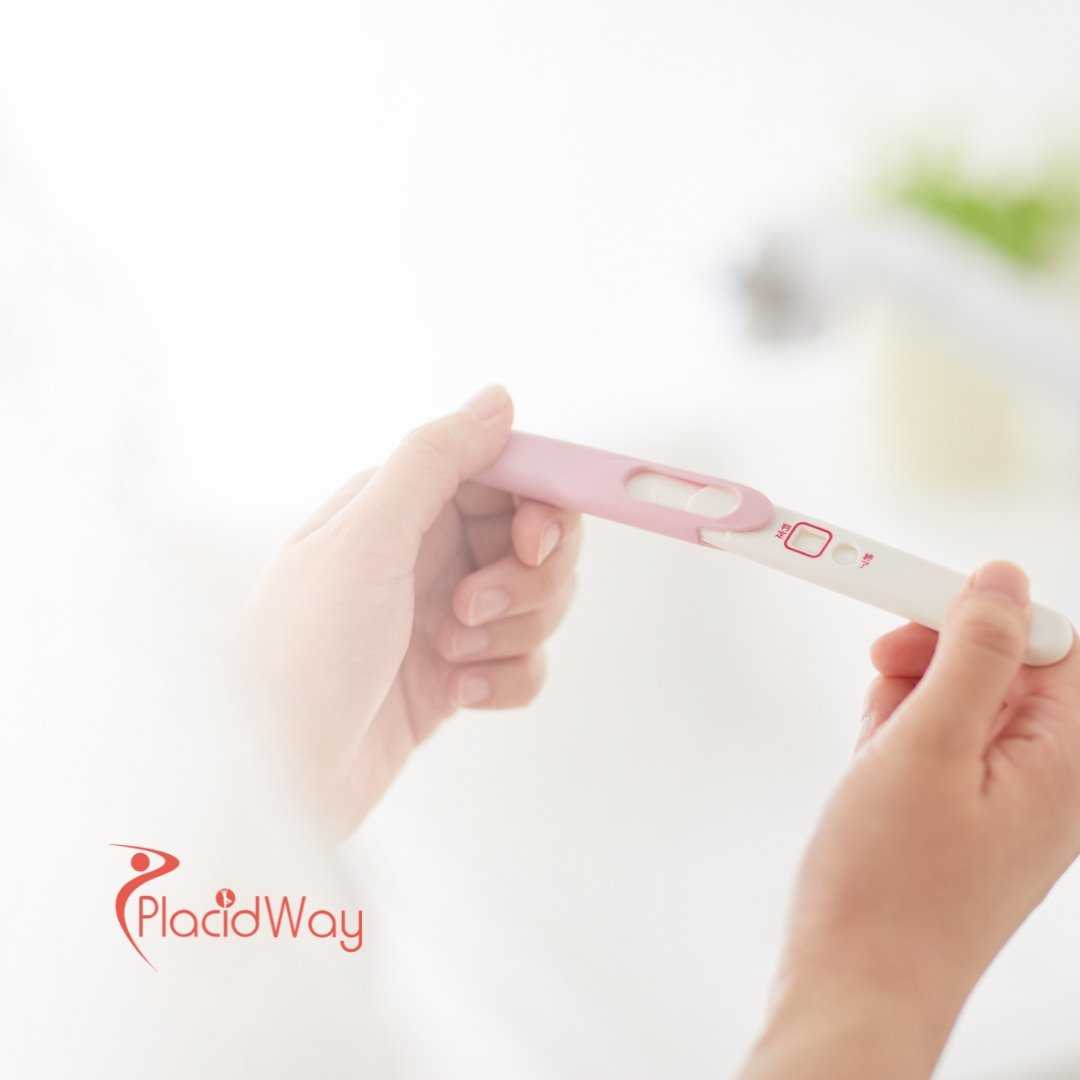
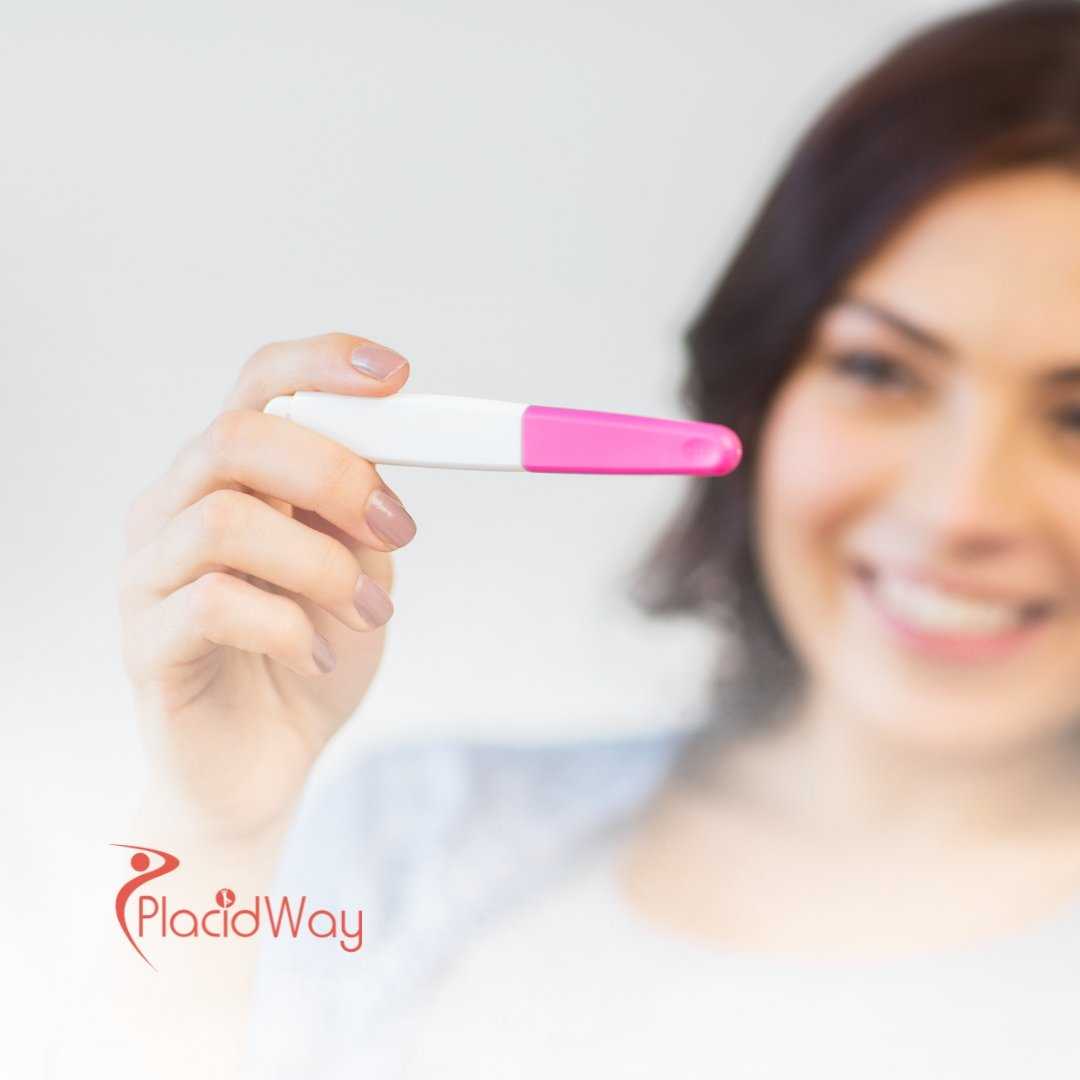

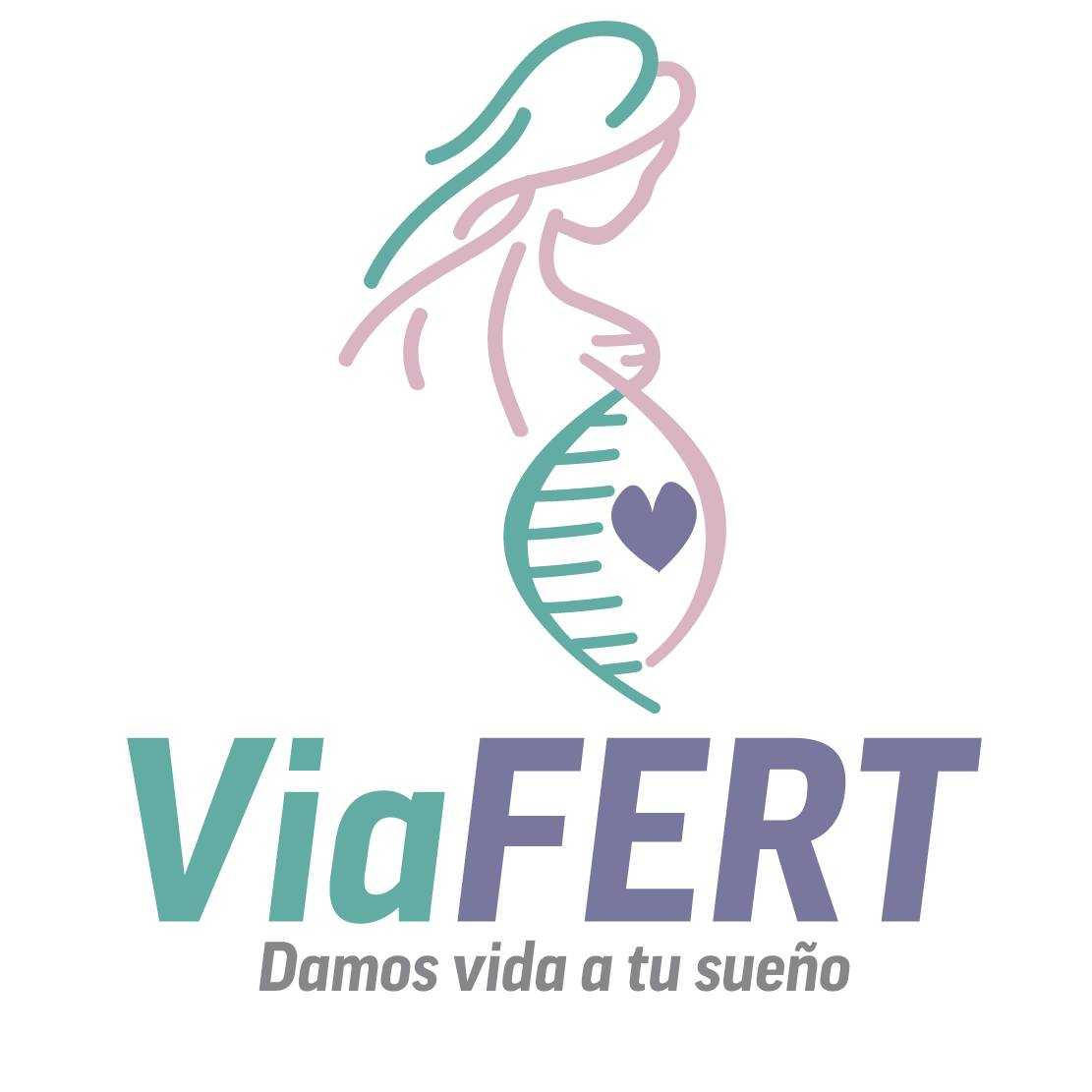
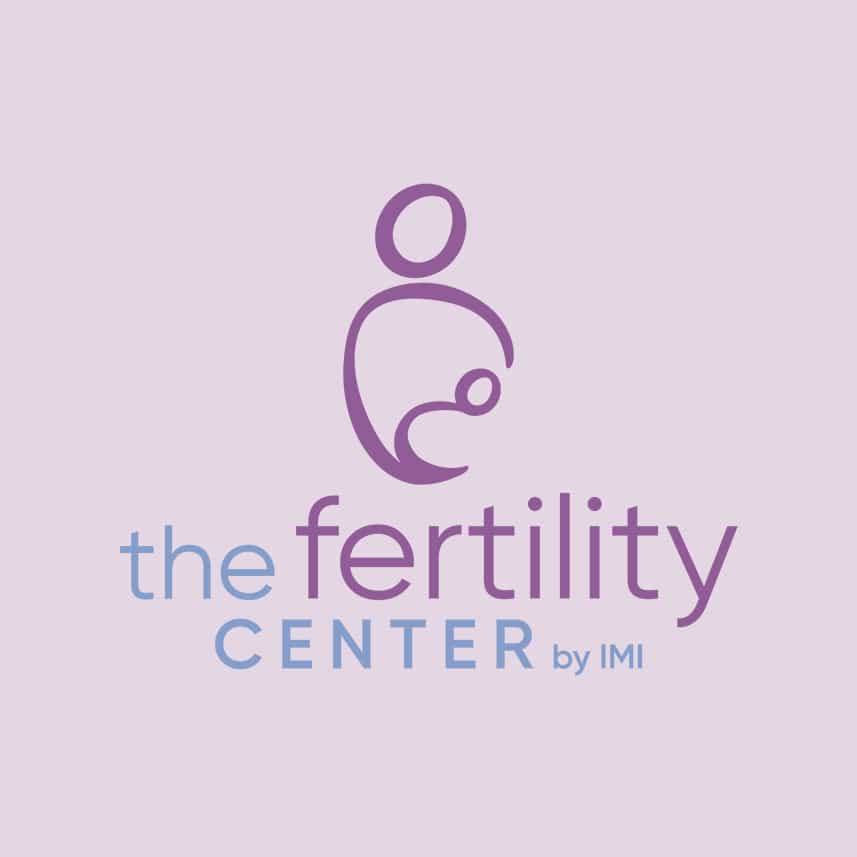
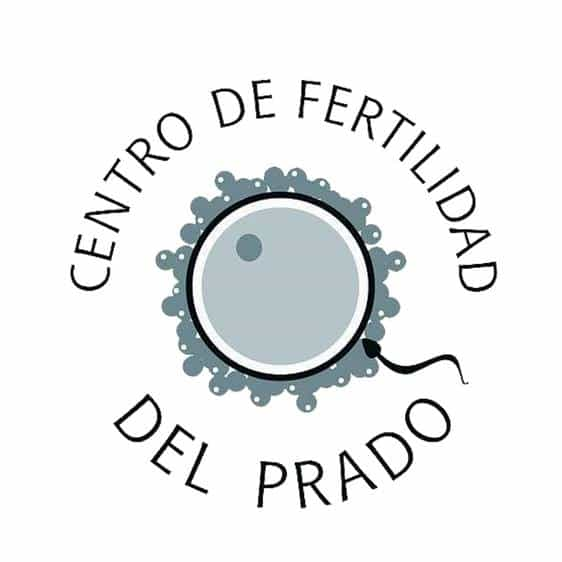

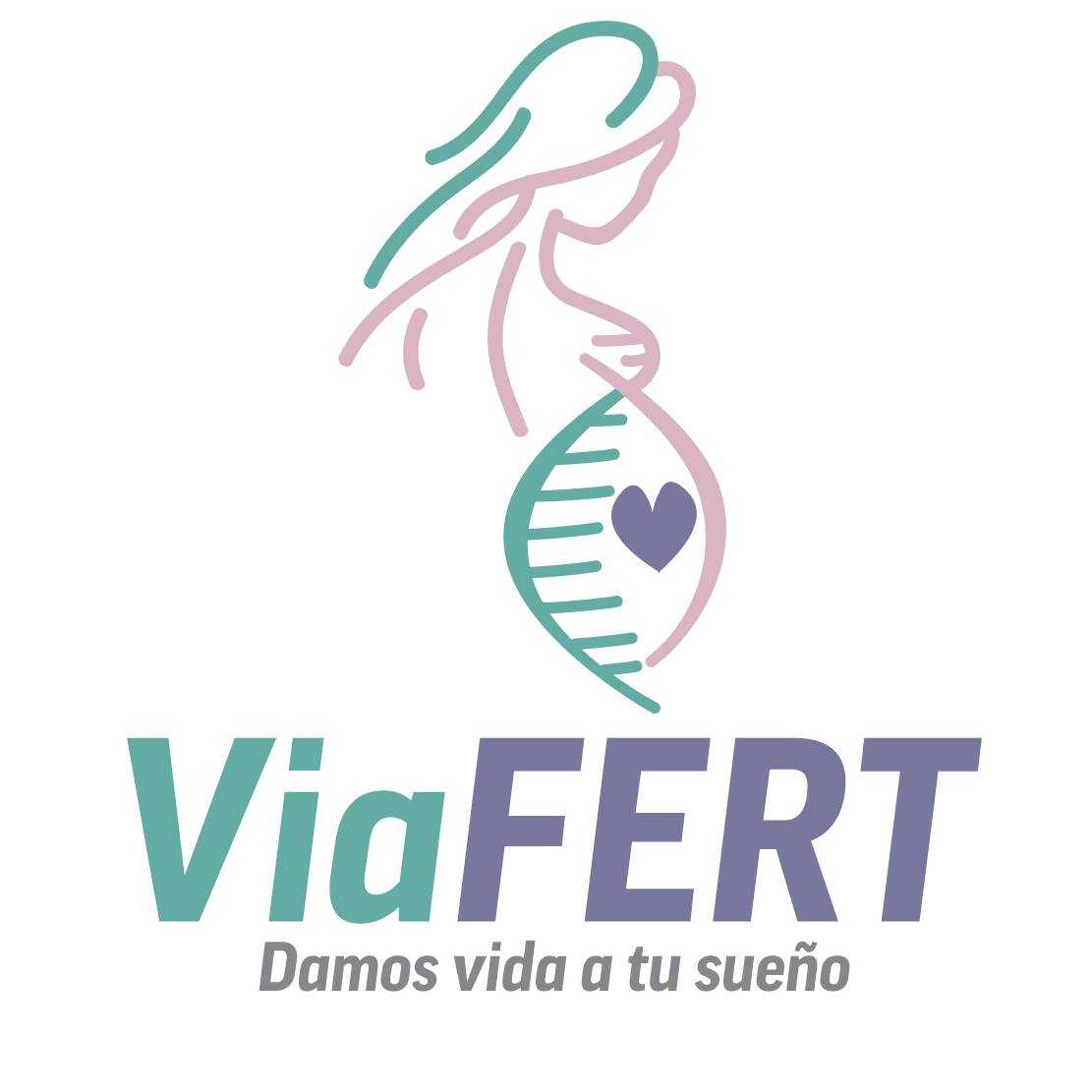

Share this listing